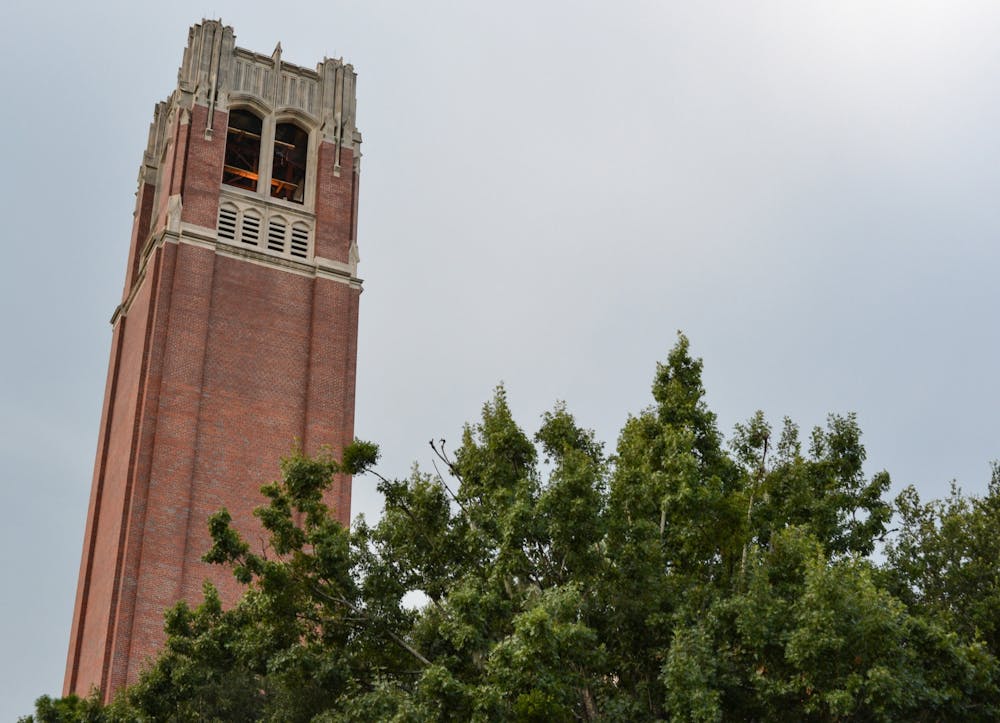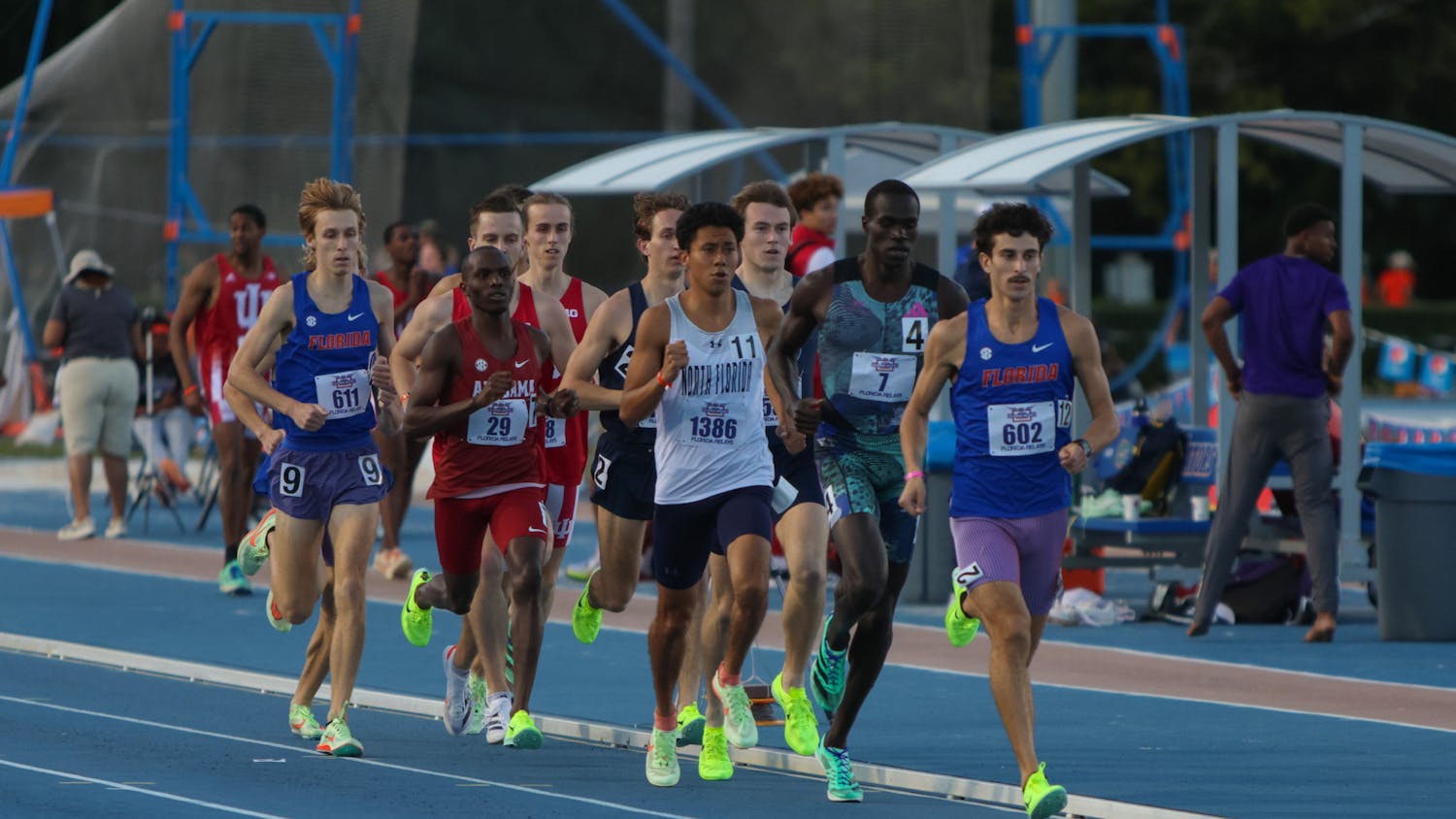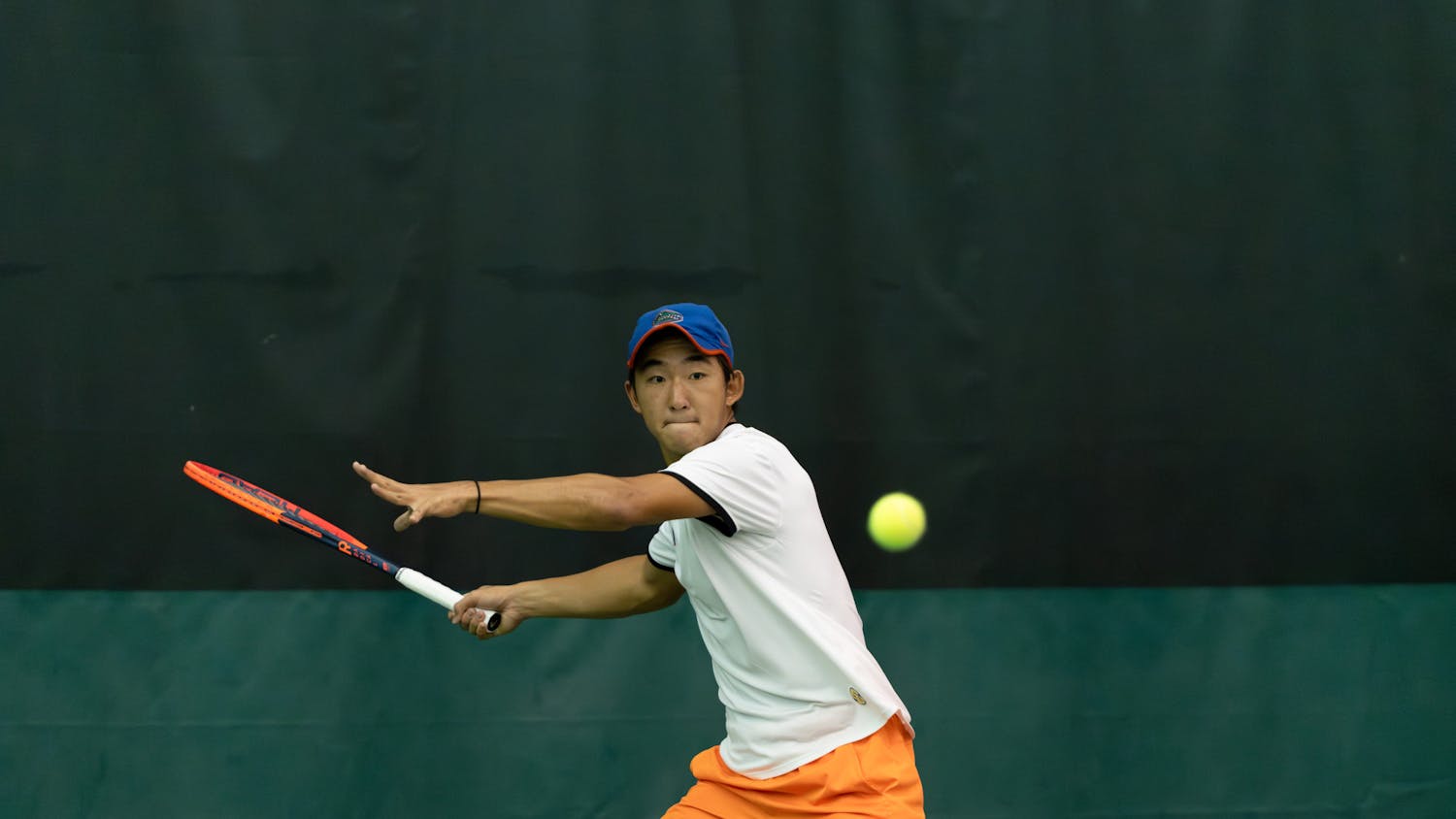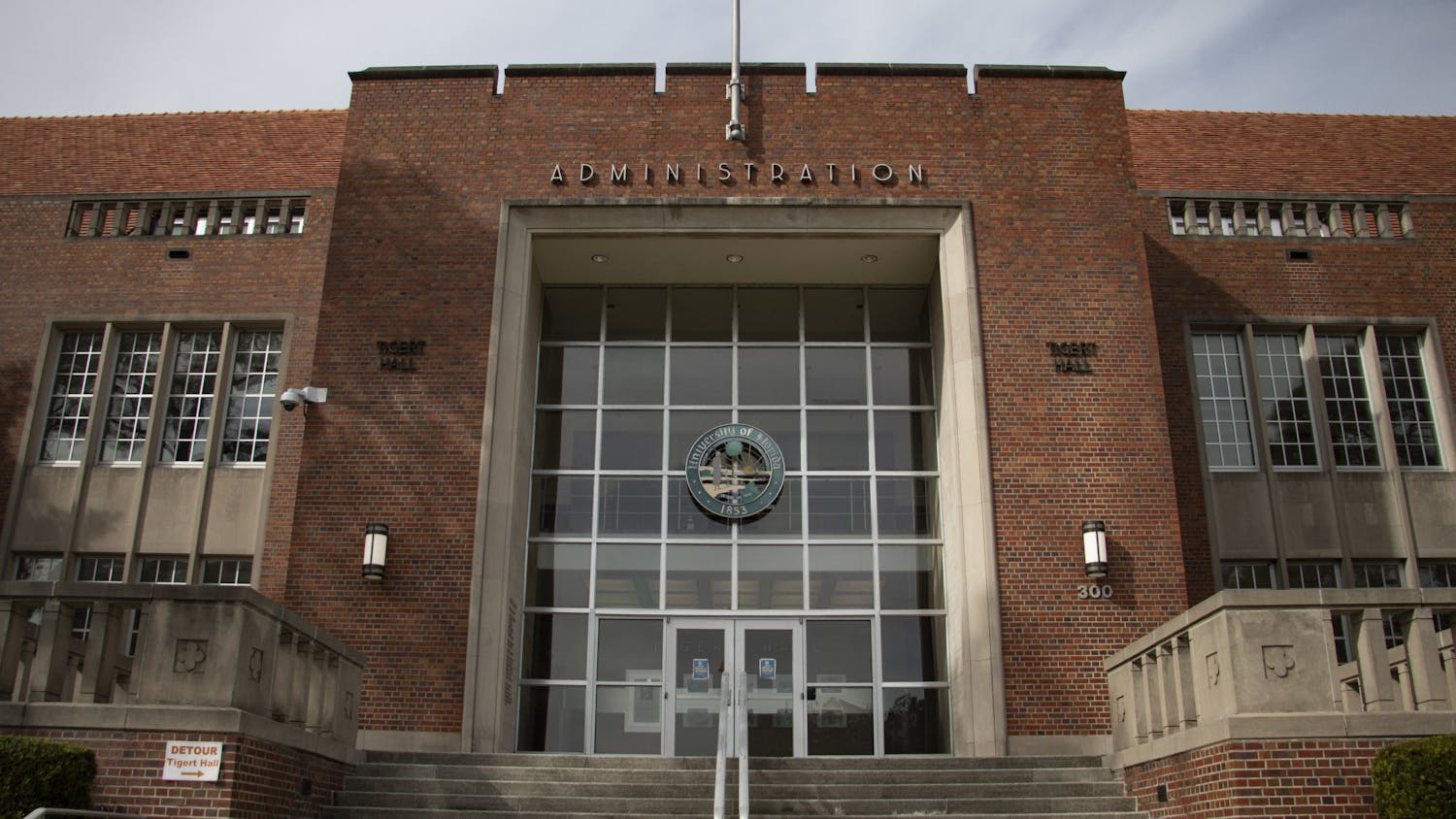With the conclusion of listening sessions, UF community members await the next steps in the presidential search — many of which will continue behind closed doors.
The Board of Trustees will compile the ideal president’s requirements and desired characteristics based on community input from the past month’s 15 listening sessions. The Search Advisory Committee hosted its final sessions May 24, allowing students, faculty, alumni and Gainesville residents to express attributes they think the next president should have.
During the final listening sessions, attendees voiced concerns about lack of transparency and trust with university leaders. They fear political values will interfere with the selection.
Brantlee Richter, a UF plant pathology assistant professor who attended a listening session, said trust was breached between faculty and the president’s office when its values transitioned from campus advocacy to obliging the state government.
“The biggest challenge that the incoming president is going to have to face is how to carve out a position for themselves as the president of the university, not as an employee of the governor,” Richter said.
DeSantis signed a bill in April allowing the Board of Trustees to require post-tenure reviews every five years and suggesting the Board of Governors may develop regulations regarding tenured status. He also signed the ‘Stop WOKE’ Act last month, which will limit how race is discussed in classrooms. Faculty fears both laws will affect their academic freedom.
Additionally, DeSantis signed a pair of bills keeping the presidential search process hidden from the public.
Ken Dawson-Scully, a father of a UF student, said he was worried politics may conflict with what the university needs to do or wants to do.
“It concerns me that the rankings of the university could be impacted by those kinds of things,” he said. “I think a president really needs to be able to ride that razor edge between appeasing politicians while appeasing what is required to maintain the highest rankings of the university.”
UF alumnus Juan Galan said effects from tenure and accreditation legislation from the state might deter candidates.
“I'm somewhat familiar with the past and the level of political interference that existed, let's say, 10 years ago,” he said. “But today's level is very disturbing.”
Fellow donors have a similar lack of trust in university leadership because they also sense a higher level of political interference than in the past, he said.
Ashley Sanguino, who attended one of the listening sessions, said she wants a clear answer on the Board of Trustees expected transparency in wake of the legislature’s restrictions. Most students aren’t given enough information about the process, she said, and they deserve to have a hand in it.
Rahul Patel, the chair of the presidential search committee, said the current process is transparent with no outside influence. All meetings are open to the public unless individual candidates are being discussed.
Many attendees expressed regaining the trust of faculty will be the biggest challenge for the next president.
Faculty fear the board will appoint an outsider who doesn’t understand academic systems and how they differ from political or business systems, Richter said. She said the incoming president needs to understand the particular structures and functions of a land grant institution.
Contact Anushka Dakshit at adakshit@alligator.org. Follow her on Twitter @Anushkadak

Anushka Dakshit is a fourth-year journalism and women’s studies major and the general reporter on the University desk of The Alligator. She started out as an arts and culture reporter at The Avenue and hopes to pursue arts and culture reporting and print magazine journalism in her career. Along with The Alligator, she is one of the Print Editorial Directors of Rowdy Magazine. In her free time, she likes to listen to old Bollywood music, read and obsess over other writers’ processes whenever she has no idea what she’s doing (which is often).






